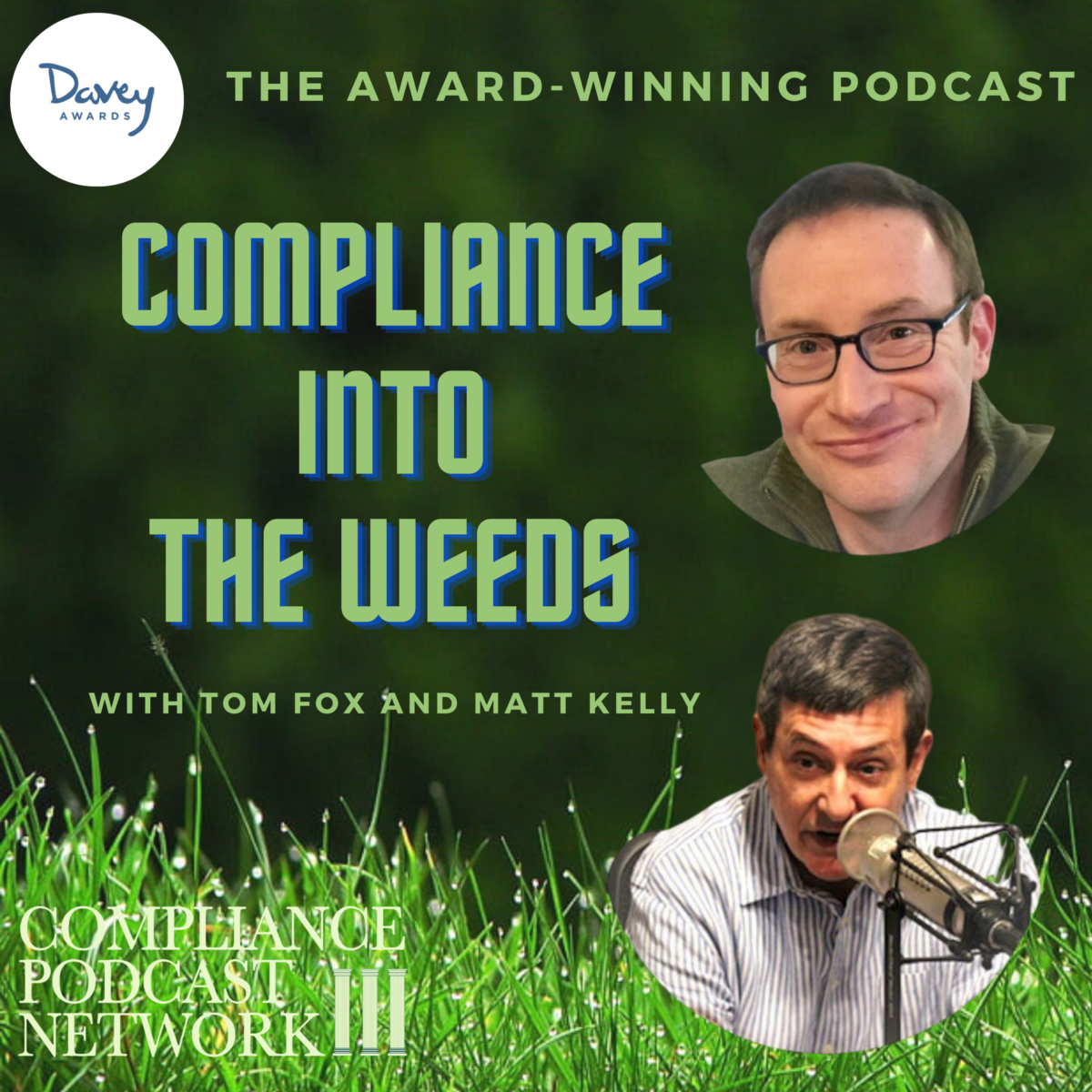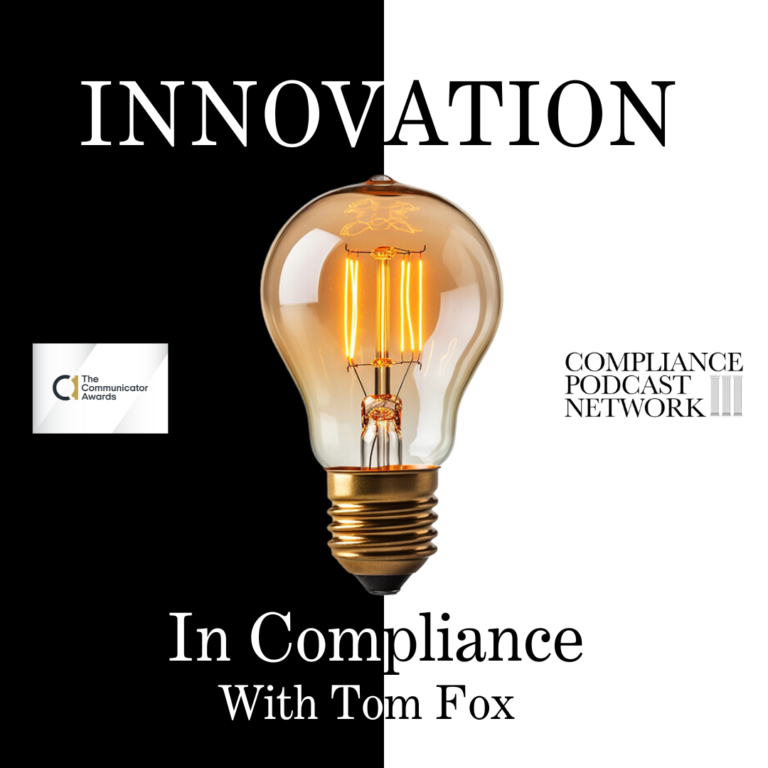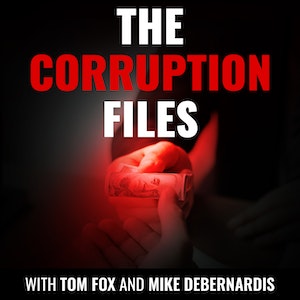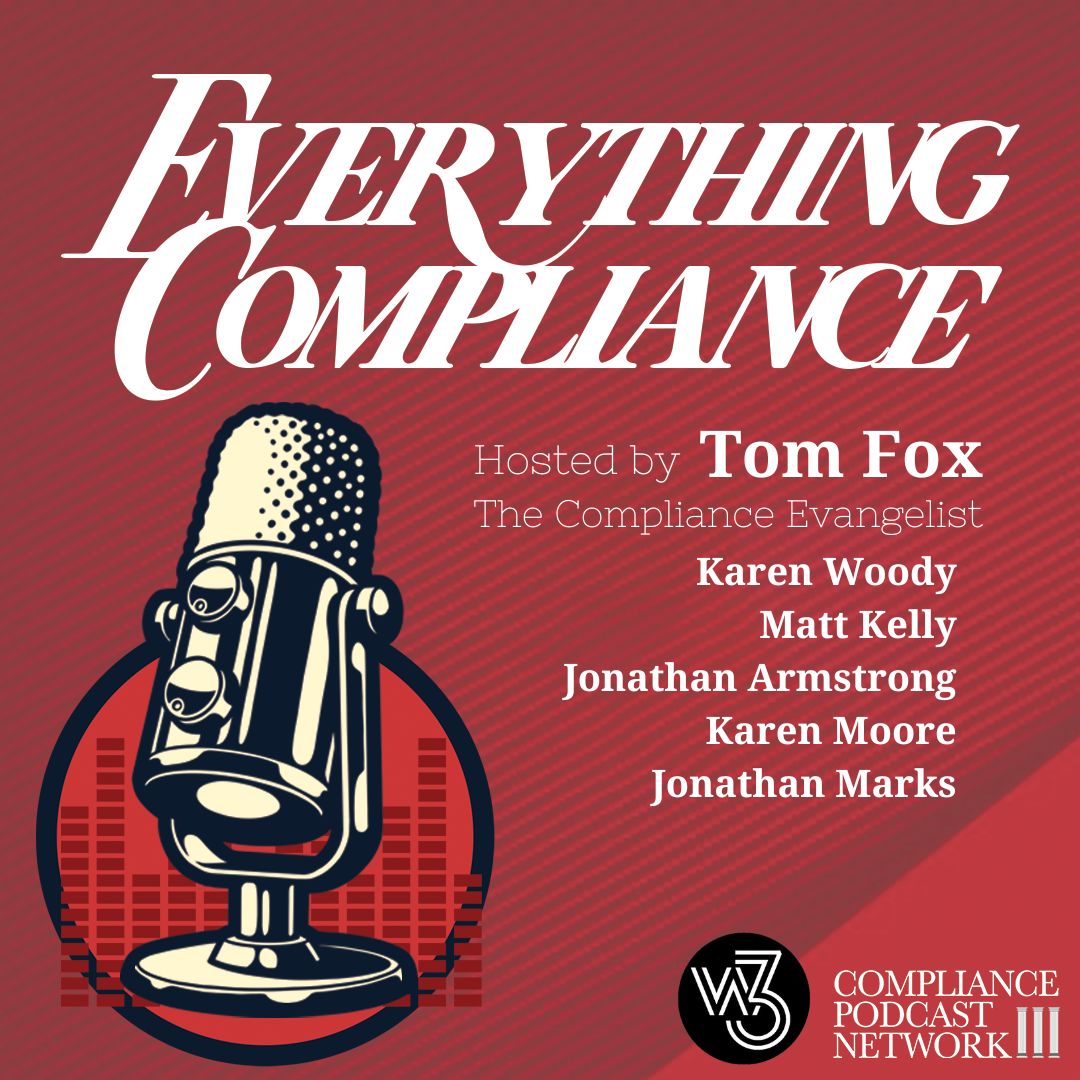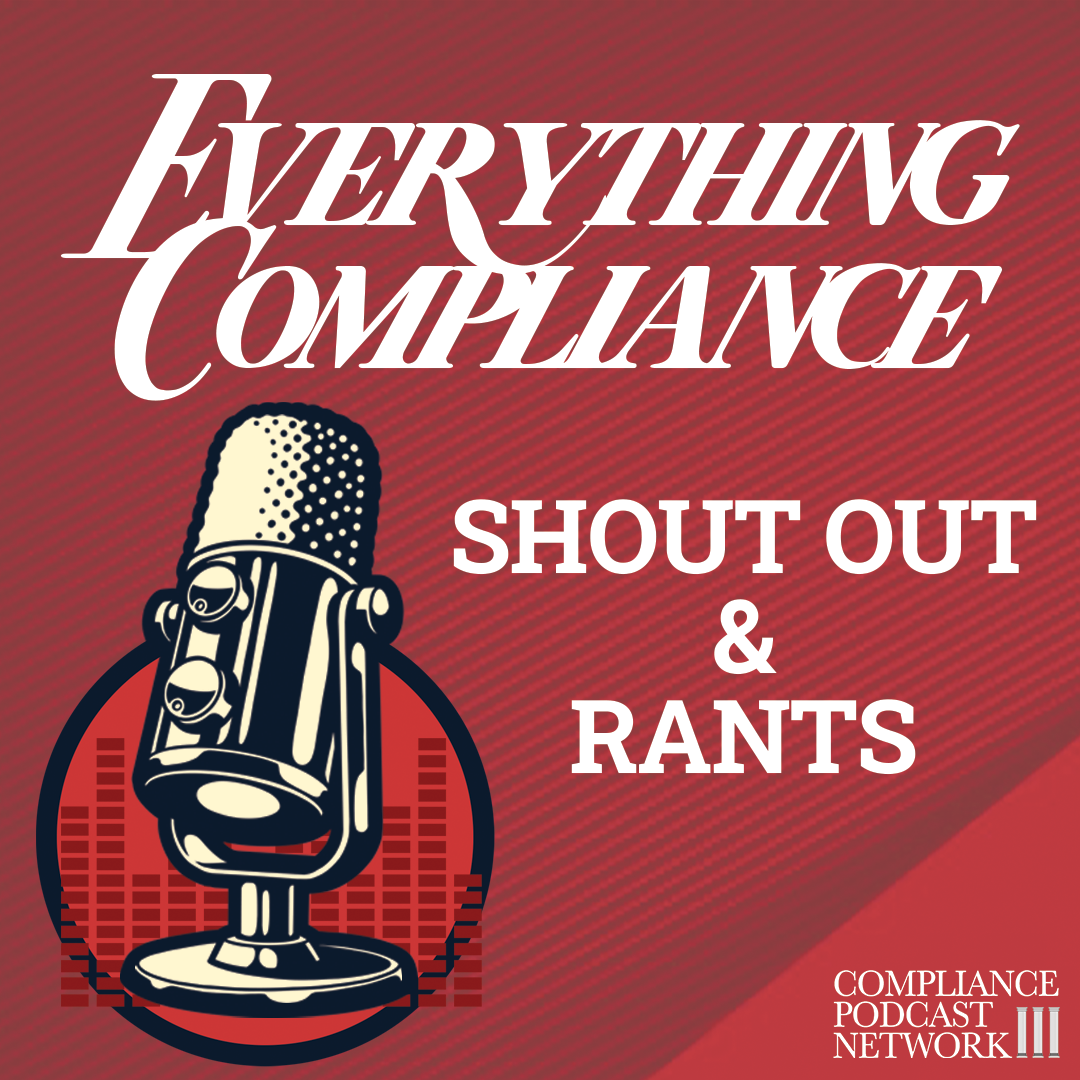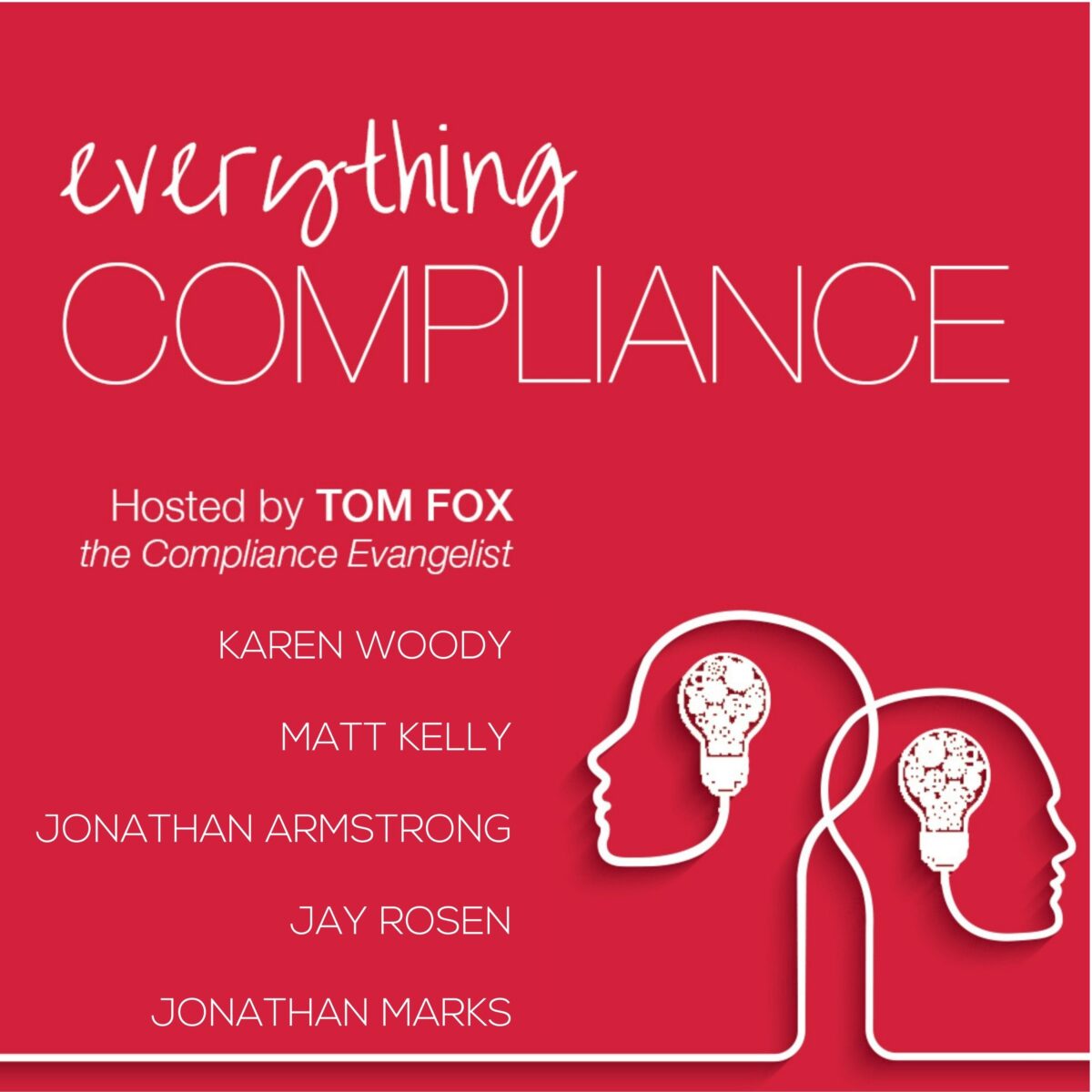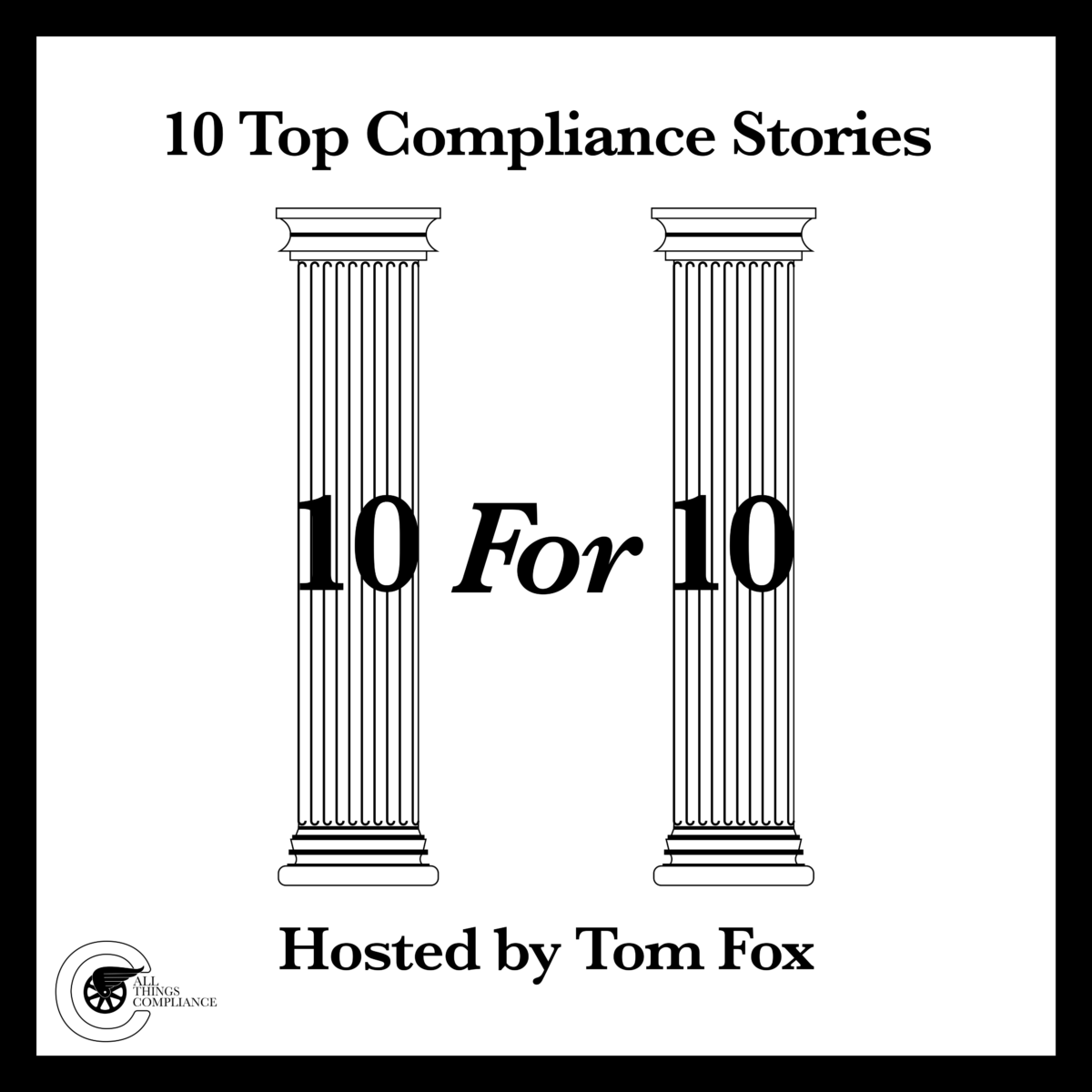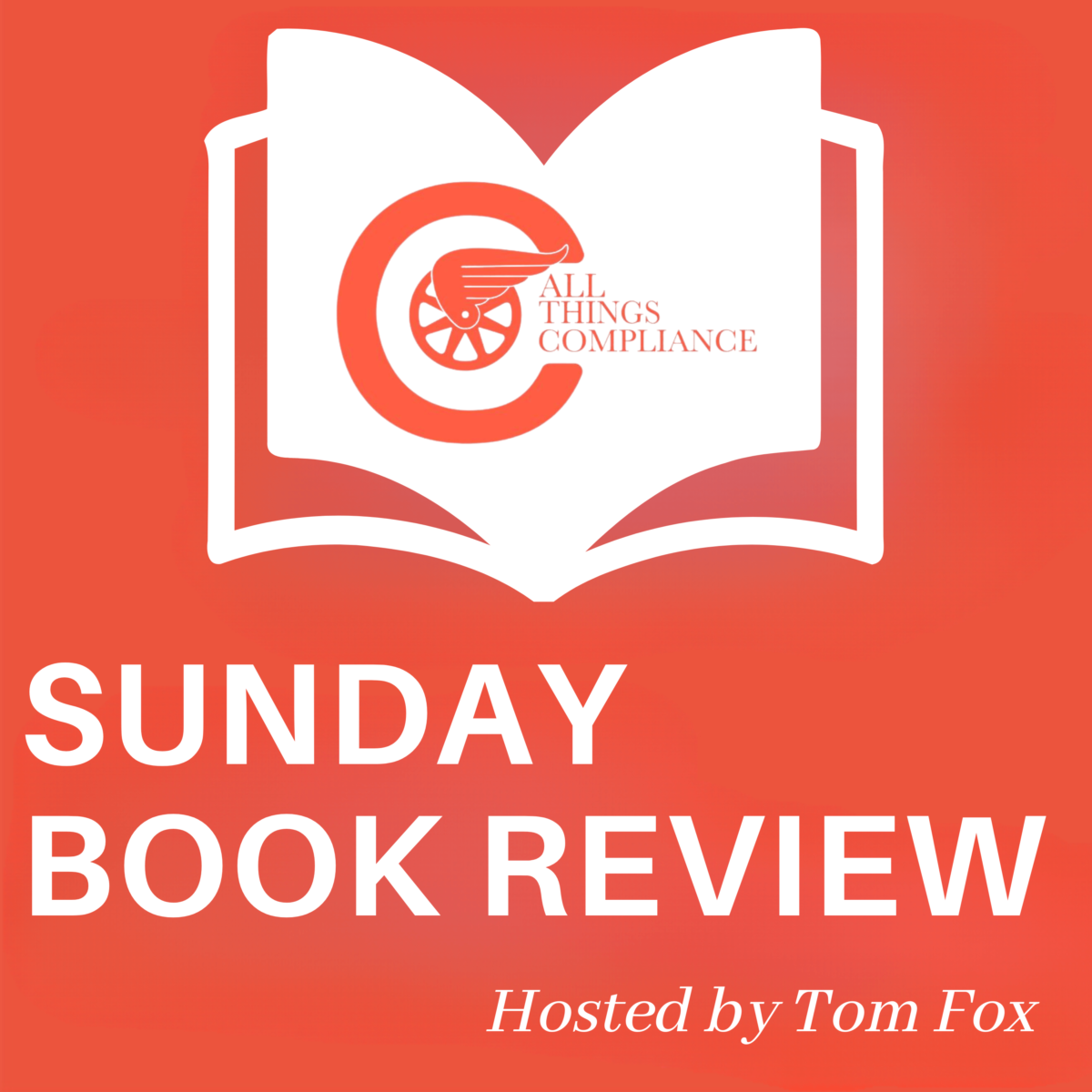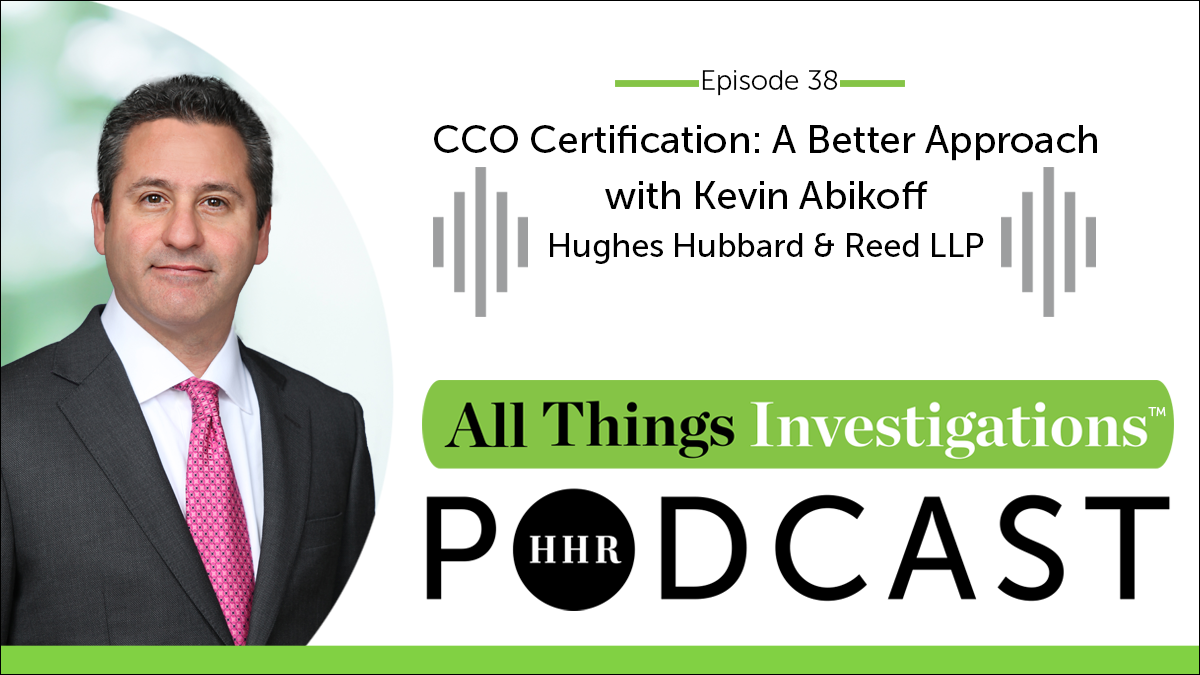Corporate governance often shines brightest in times of crisis, and few organizational crises have unfolded as publicly or contentiously as the litigation involving the National Rifle Association (NRA). In a recent Order from the years of ongoing litigation in New York state, the Court mandated sweeping governance reforms, providing a treasure trove of lessons for compliance professionals seeking to strengthen Transparency, accountability, and oversight in their organizations. Regardless of your personal or political views on the NRA, this case underscores universal principles of good governance. Let’s unpack these lessons and explore how they can be applied across organizations of all types and sizes. Matt Kelly wrote about this topic in a blog post, and we explored its implications for compliance professionals in a recent episode of the Compliance into the Weeds podcast.
What Happened at the NRA?
The NRA’s troubles began with allegations of rampant mismanagement under long-time CEO Wayne LaPierre. The New York Attorney General’s lawsuit in 2020 detailed years of financial abuses, including excessive salaries and lavish spending billed to the organization, conflicts of interest, and questionable vendor relationships, held together by a structurally weak board that served as a rubber stamp for LaPierre’s decisions. The fallout included four years of litigation, a jury finding LaPierre liable for abuses, and, ultimately, a court-mandated series of governance reforms designed to ensure the NRA could never again fall victim to such mismanagement.
Key Governance Failures
The NRA’s dysfunction stemmed from several structural weaknesses common to organizations suffering from poor governance. An overpowering CEO, LaPierre, exerted an outsized influence enabled by a lack of checks and balances. There needed to be stronger board oversight, with 76 members. The board needed to be bigger and more cohesive to provide effective governance. A small faction, aligned with the CEO, controlled key decisions. There needed to be more financial controls. This absence of robust controls allowed the CEO to withhold critical information from the board. These issues, while prominent in the NRA, are not unique. Theranos, Wynn Resorts, and countless other organizations have fallen prey to similar patterns.
The Reforms: A Blueprint for Good Governance
Judge Cohen’s final ruling laid out a series of governance reforms that every compliance professional should study and consider incorporating into their organization. The Court strengthened the NRA Audit Committee in various ways. First, the entire board now elects Audit Committee members, ensuring independence. Equally importantly, former audit committee members from 2014 to 2022 are barred from future service to eliminate cronyism.
Board refreshment was given importance. The Nominating and Governance Committee must propose 20 new director candidates annually for five years, injecting fresh perspectives and reducing entrenchment. The Court created a committee on board effectiveness, recommending measures to make the large board more functional, possibly through a smaller, empowered executive committee.
There were significant areas for the compliance function and the Chief Compliance Officer (CCO). The first was a mandate that the CCO deliver an annual report detailing travel expenses, related-party transactions, and whistleblower hotline activity. This report ensures that the board has visibility into high-risk areas. There was a section on CCO empowerment and protection. The CCO now has employment protections, including a three-year contract and two years’ severance pay if terminated without cause. These measures give the CCO the independence to address risks without fear of retaliation. Finally, there is a mandate for independent oversight, with an external consultant assisting the CCO in developing and implementing governance improvements.
Universal Lessons for Compliance Professionals
The reforms imposed on the NRA are not merely punitive; they are a masterclass in building robust governance frameworks. There are several important points for every compliance officer.
1. Empower Your Compliance Function. An independent compliance officer is a figurehead. Employment protections, direct reporting lines to the board, and clear mandates are essential to ensure the CCO can act as an effective watchdog.
2. Prioritize Transparency. Transparency must be embedded in governance structures. Mechanisms like annual compliance reports provide critical insights into organizational risks and ensure the board has the information needed to fulfill its oversight role.
3. Strengthen the Board. Boards should be diverse, independent, and active in their oversight responsibilities. Critical steps include refreshing board membership and ensuring committees are free from undue influence.
4. Focus on Financial Controls. Weak financial controls are a common thread in governance failures. Organizations should implement robust policies to monitor executive spending, conflicts of interest, and other high-risk areas.
5. Learn (and Use) from Templates The Court Order includes detailed templates for compliance reports, employment contracts, and governance policies. While tailored to the NRA’s specific issues, these documents can serve as starting points for any organization seeking to strengthen its governance practices.
Good Governance Is Universal
Good governance transcends an organization’s specific mission or values. Whether your entity is a nonprofit like the NRA, a public company, or a private enterprise, strong governance principles, an empowered board, Transparency, and accountability remain constant. Judge Cohen’s reforms highlight the importance of building durable structures that withstand the pressures of powerful personalities and shifting priorities. These reforms serve as a reminder that governance is not just about preventing crises but ensuring the organization stays true to its mission.
The NRA’s governance overhaul is a cautionary tale and an opportunity for all compliance professionals. By studying the Court’s findings and implementing similar reforms, organizations can build stronger foundations for accountability and ethical leadership.
In the words of Matt Kelly, “Good governance is a universal principle dependent on building durable structures for transparency and vigorous oversight.” Let this case inspire your efforts to create governance frameworks that protect your organization’s integrity, irrespective of its mission or values.



